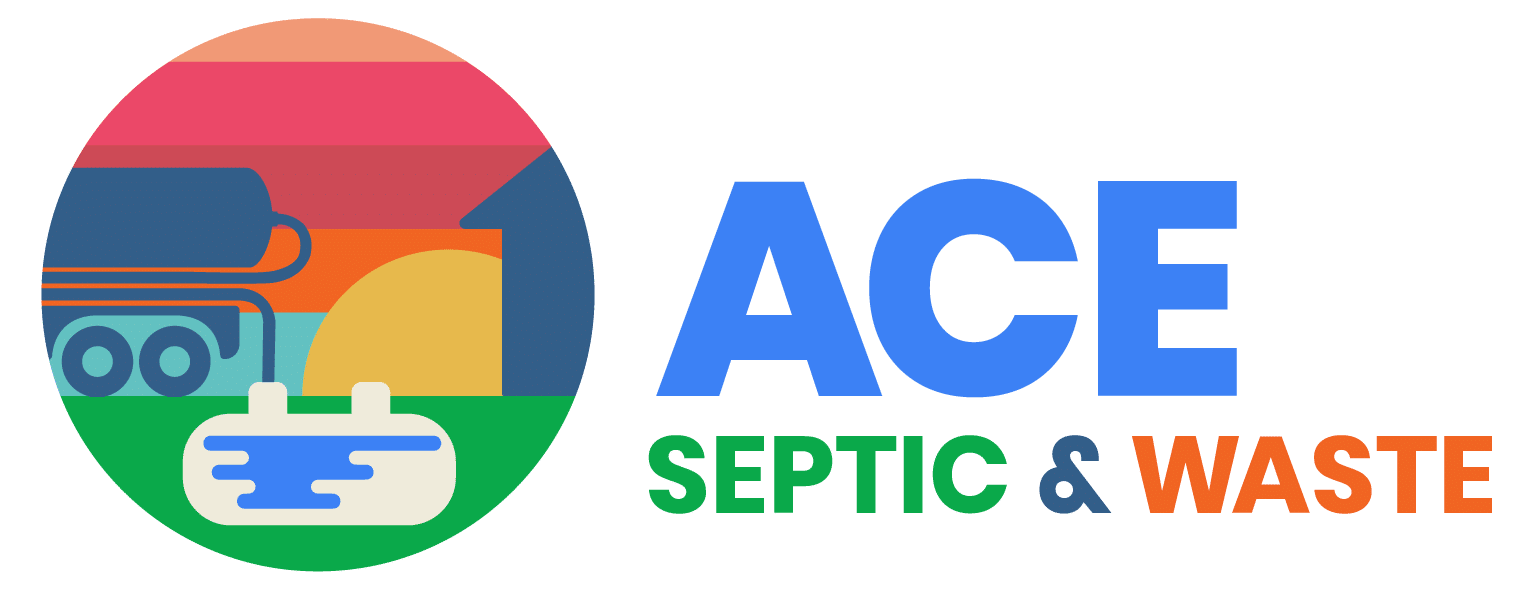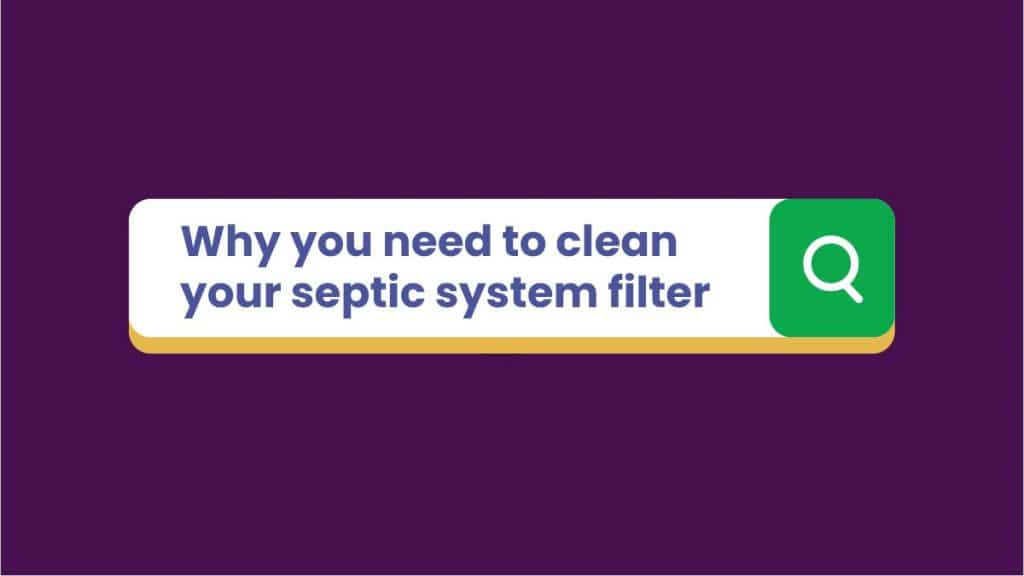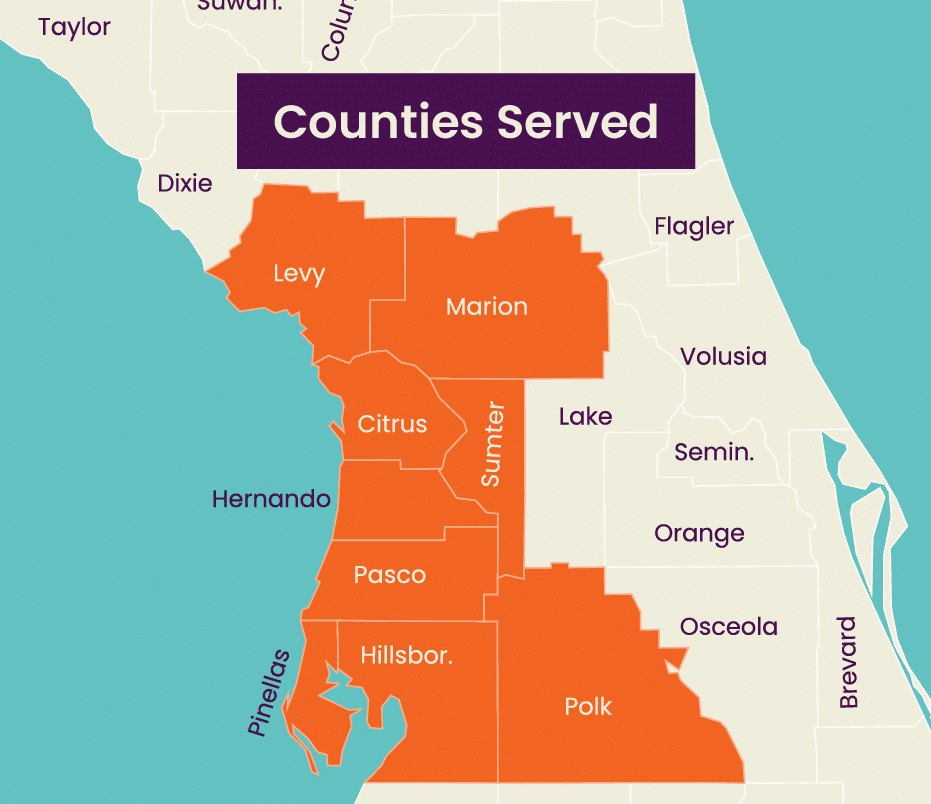At ACE Septic & Waste, we know that household appliances play a significant role in how well your septic system functions. This article covers how common appliances like washing machines, dishwashers, and garbage disposals can affect your septic system and provides maintenance tips to keep it running smoothly.
How Washing Machines Affect Septic Systems
Washing machines are essential in many homes but can stress your septic system considerably. Each cycle uses a large volume of water, leading to more waste entering the tank. Excessive water inflow prevents the natural breakdown of solids, causing buildup and potentially leading to clogs or system failure. If you often run multiple loads of laundry back-to-back, this problem is magnified.
How to Mitigate the Impact:
- Spread out laundry loads over the week.
- Use water-efficient washing machines.
- Install a lint filter on your machine’s drain hose to prevent fiber buildup in your system.
Dishwashers and Your Septic System
While dishwashers are convenient, they contribute more water and detergents to your septic system. Some dishwashing detergents contain harsh chemicals that disrupt the bacteria in your septic tank that are responsible for breaking down waste. When these bacteria are compromised, your septic system’s performance declines, which can lead to potential blockages or backups.
How to Mitigate the Impact:
- Use septic-safe dishwashing detergents.
- Run dishwashers only when they’re fully loaded to minimize water use.
- Consider eco-friendly appliances that use less water.
Should You Use a Garbage Disposal with a Septic System
Many homes with septic systems also have garbage disposals, but these devices aren’t ideal for septic health. Garbage disposals grind up food waste, which gets sent to the septic tank. Unlike human waste and toilet paper, food waste takes much longer to break down, contributing to solid buildup in your tank. Over time, this can lead to quicker tank filling, requiring more frequent pumping and potentially causing issues in the drainfield.
How to Mitigate the Impact:
- Limit garbage disposal use or avoid it altogether.
- Compost food waste instead of sending it down the drain.
- Pump your septic tank more frequently if you use a garbage disposal regularly.
Water Heaters and Septic Systems
While not directly connected to wastewater, water heaters will naturally increase the amount of hot water used in the home. Excessive hot water, especially from appliances like washing machines and dishwashers, can heat up the septic tank, altering the balance of bacteria that breaks down waste and reducing the system’s efficiency.
How to Mitigate the Impact:
- Monitor hot water usage from appliances.
- Ensure your water heater is appropriately sized for your household’s needs.
Best Practices to Protect Your Septic System
At ACE Septic & Waste, we recommend the following practices to safeguard your system:
- Schedule regular septic tank inspections and septic tank pumping.
- Install water-efficient appliances.
- Use septic-safe cleaning products and detergents.
- Spread out high-water-use activities throughout the week to avoid overloading the system.
Choose ACE Septic as your Florida Septic Provider
Household appliances can significantly impact your septic system, but with proper maintenance and mindful use, you can prevent unnecessary wear and tear. At ACE Septic & Waste, we’re here to help with regular septic maintenance, septic system installations, and expert advice to ensure your system runs efficiently for years.







